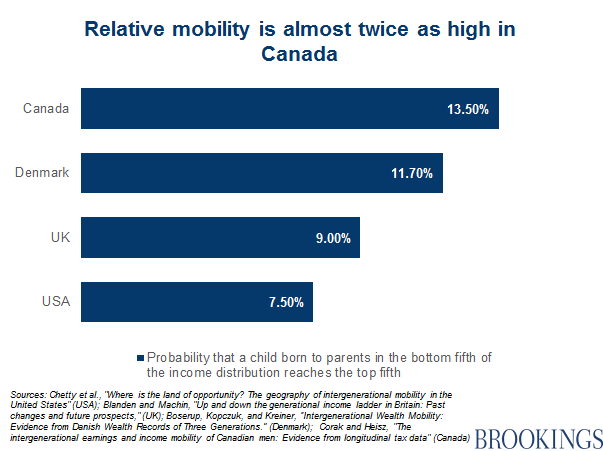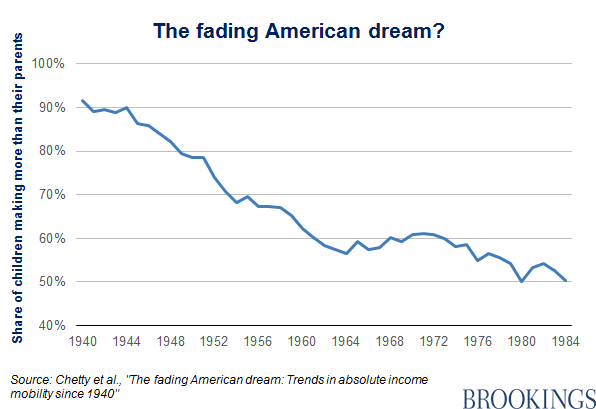The Insights of Kandiaronk
Posts on The Dawn Of Everything: Link
Posts on Pierre Bourdieu and Symbolic Violence: link
Posts trying to cope with the absurd state of political discourse: link
Posts on Freedom and Equality. link
Chapter 2 of The Dawn Of Everything by David Graeber and David Wengrow centers on the Wendat statesman and orator Kandiaronk. Here’s a history of his involvement in the re-establishment and survival of the Wendat, now the Wyandot. Graeber and Wengrow write about his thoughts on French culture based on Curious Dialogues with a Savage of Good Sense Who Has Travelled (1703) by the Baron de la Hontan, now known as Lahontan. There’s a question as to how much of the Dialogues should be attributed to Kandiaronk, and how much is the personal views of Lahontan. The Wyandot site says:
Under the pseudonym “Adario”, the noble savage Kandiaronk was used as a straw man for the safe articulation of the Baron’s radical, politically- dangerous views. In Lahontan’s “A Conference or Dialogue between the Author and Adario, A Noted Man among the Savages”, Adario spoke critically of such European institutions as the French legal system and medical profession, war, the Pope, and the Jesuits. Although some turns of phrase sound Native, and may have been lifted from Kandiaronk’s speeches, Adario’s critical voice of pristine purity spoke with Lahontan’s jaded intellectual accent. It reflects a wealth of embittering experiences the Baron had had with European society in areas of life that had not touched the Wyandot of Michilimakinac.
The authors explain why they think Lahontan was expressing Kandiaronk’s actual views. One factor is that Kandiaronk voices common forms of the Indigenous Critique, of which we get a taste here. Of course, I can’t evaluate this argument.
They focus on Kandiaronk’s view that the greed, poverty, and crime found in French society arise from lust for money and property. By refusing to deal with money and property, the Wendat are able to live in freedom and equality. The authors describe Kandiaronk’s views:
Do you seriously imagine, he says, that I would be happy to live like one of the inhabitants of Paris, to take two hours every morning just to put on my shirt and make-up, to bow and scrape before every obnoxious galoot I meet on the street who happened to have been born with an inheritance? Do you really imagine I could carry a purse full of coins and not immediately hand them over to people who are hungry; that I would carry a sword but not immediately draw it on the first band of thugs I see rounding up the destitute to press them into naval service? P. 55.
Then they quote this from the Dialogues:
Kandiaronk: I have spent six years reflecting on the state of European society and I still can’t think of a single way they act that’s not inhuman, and I genuinely think this can only be the case, as long as you stick to your distinctions of ‘mine’ and ‘thine’. I affirm that what you call money is the devil of devils; the tyrant of the French, the source of all evils; the bane of souls and slaughterhouse of the living. To imagine one can live in the country of money and preserve one’s soul is like imagining one could preserve one’s life at the bottom of a lake. Money is the father of luxury, lasciviousness, intrigues, trickery, lies, betrayal, insincerity, – of all the world’s worst behaviour. Fathers sell their children, husbands their wives, wives betray their husbands, brothers kill each other, friends are false, and all because of money. In the light of all this, tell me tell me that we Wendat are not right in refusing to touch, or so much as to look at silver? P. 55.
Kandiaronk explains human qualities valued by the Wendat:
Over and over I have set forth the qualities that we Wendat believe ought to define humanity – wisdom, reason, equity, etc. – and demonstrated that the existence of separate material interests knocks all these on the head. A man motivated by interest cannot be a man of reason. P. 56.
The authors note the views attributed to Kandiaronk about the Wendat are exaggerated. They had laws, they had wealth, there were differences among them, and war was a constant issue. Kandiaronk’s views of the failures of French culture are exaggerated for rhetorical effect and so are the good qualities of the Wendat. But the substance of his criticism is what counts. The Wendat didn’t have punitive laws because there was no realistic way to achieve vast material wealth, or to translate it into the power to boss other people around.
At this point, the authors introduce the concept of schismogenesis. The idea is that people have a tendency to define themselves by contrasting themselves with other people. As an example, I’m a progressive and I’m in favor of taking precautions against Covid-19. A Trumpist might see this and react by saying “if you progressives are in favor of taking precautions, then I’m against it. No vaccines, no masks.” That’s schismogenesis. Perhaps some of the rhetorical exaggeration we get from Kandiaronk is a form of schismatogenesis.
The authors suggest that this might be true of cultures too. If one clan takes slaves, its neighbor might say we don’t take slaves so we’re batter. Over time even small things can add up to major cultural differences. This extension appears frequently through the first few chapters as a possible explanation of cultural differences between neighboring groups.
Of course, people frequently pick up good ideas generated by people they come into contact with. That could lead to convergence, but could also increase the pressure to define differences.
Discussion
1. The Indigenous Critique has several distinct elements. First, it argues that European cultures create a large class of impoverished people who are despised and left to suffer. Second, it claims that no one is free in European cultures. Everyone is required to bow and scrape before all their superiors in wealth and rank; they squabble with those of their own station; and they kick those below them. Third, society makes and enforces harsh laws to force people to comply with the economic and social structure. Fourth, the Europeans treat their children badly.
Another part of the Indigenous Critique is its rejection of the religion pushed by French missionaries. There’s an extended quote from Lahontan’s Dialogue where Kandiaronk discusses Christianity, concluding with this: “… there are five or six hundred religions, each distinct from the other, of which according to you, the religion of the French, alone, is any good, sainted, or true.” P. 53. This form of religion reinforces the French social structure.
Kandiaronk says the French social system is based on the concept of property and money which gives rise to the evils he criticizes. According to him the Wendat intentionally reject this concept, because it encourages bad behavior, and it only works if there is an entire system of force to control the rapacity it encourages. That system of force is a restraint on the freedom of everyone. The Wendat refuse to accept restrictions on their personal freedom. They refuse to be dominated by anyone.
2. Freedom from domination is one of the three important forms of freedom according to Elizabeth Anderson. I discuss the issue in two posts, here and here. This line of thinking is similar to Kondiaronk’s ideals.
The two posts also may help analyze this question: why do anti-vaxxers say somebody, the government or the liberals or the cultural elites, are trying to dominate them, to take away their freedom? Would Kondiaronk or Anderson agree?




